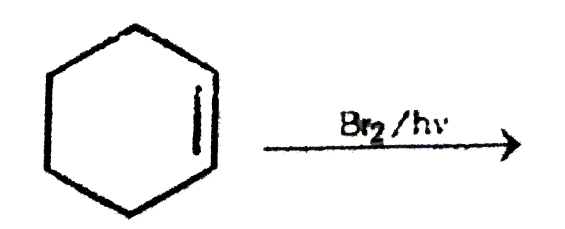The reactivity of compound Z with different halogens under appropriate conditions is gives below-

The observed pattern of electrophilic substitution can be explained by-
the steric effect of the halogen
the steric effect of the tert-butyl group
the electronic effect of the phenolic group
the electronic effect of the tert-butyl group.
The correct Answer is:A, B, C
Step by step video, text & image solution for The reactivity of compound Z with different halogens under appropriate conditions is gives below- The observed pattern of electrophilic substitution can be explained by- by Chemistry experts to help you in doubts & scoring excellent marks in Class 11 exams.
Updated on:21/07/2023Topper's Solved these Questions
- AROMATIC COMPOUNDS BOOK - RESONANCECHAPTER - AROMATIC COMPOUNDS EXERCISE - PART-II JEE MAIN
19 Videos
- AROMATIC COMPOUNDS BOOK - RESONANCECHAPTER - AROMATIC COMPOUNDS EXERCISE - JEE(MAIN) ONLINE PROBLEM
16 Videos
- AROMATIC COMPOUNDS BOOK - RESONANCECHAPTER - AROMATIC COMPOUNDS EXERCISE - PART IV- COMPREHENSION
14 Videos
- ATOMIC STRUCTUREBOOK - RESONANCECHAPTER - ATOMIC STRUCTUREEXERCISE - PHYSICAL CHEMISTRY(ATOMIC EQUILIBRIUM)
48 Videos
Similar Questions
Knowledge Check
The reactivity of compound Z with different hologebs under apppropriate conditions is give below:

The observed pattern of electrophilic substitution cannot by explained byAThe steric effect of the halogenBThe steric effect of the tert-butey1 groupCThe electronic effect of the phenolic groupDThe electronic effect of the tert-buty1 groupThe most reactive compound in electrophilic substitution reaction is
A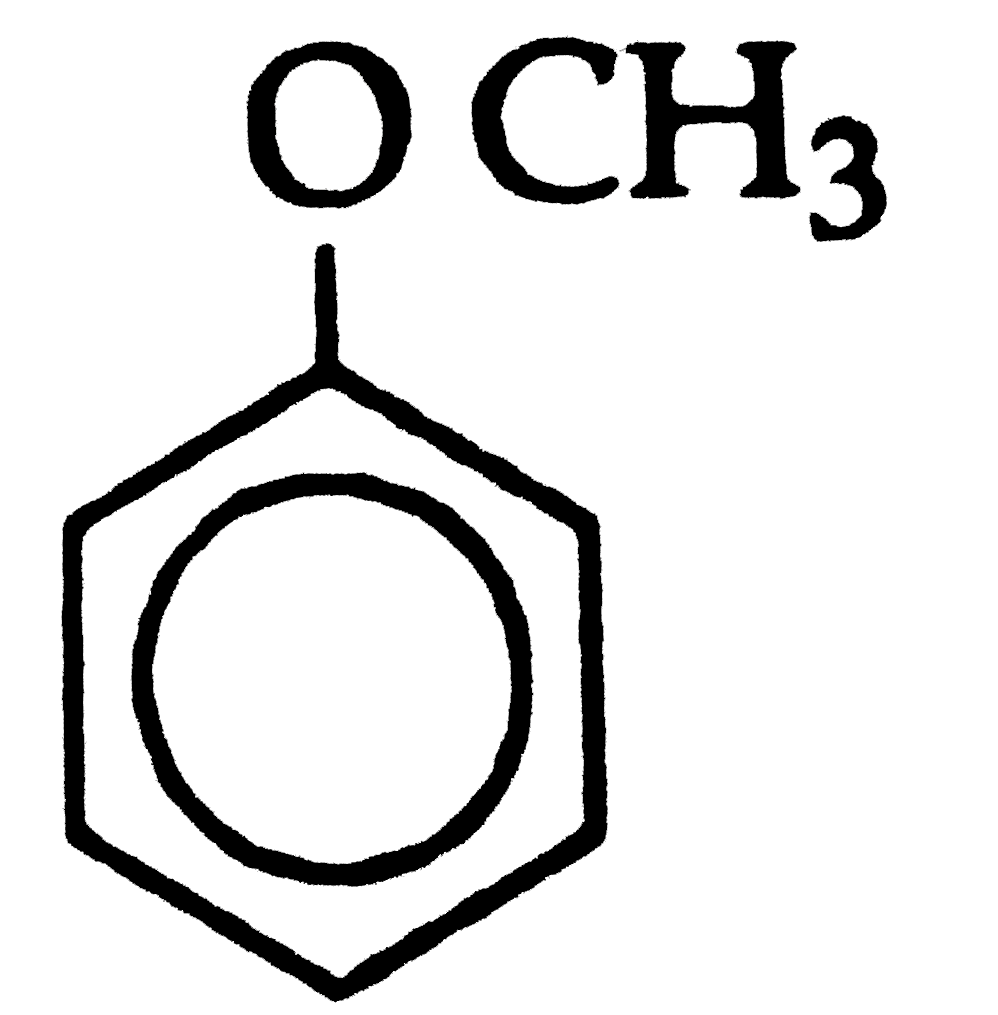 B
B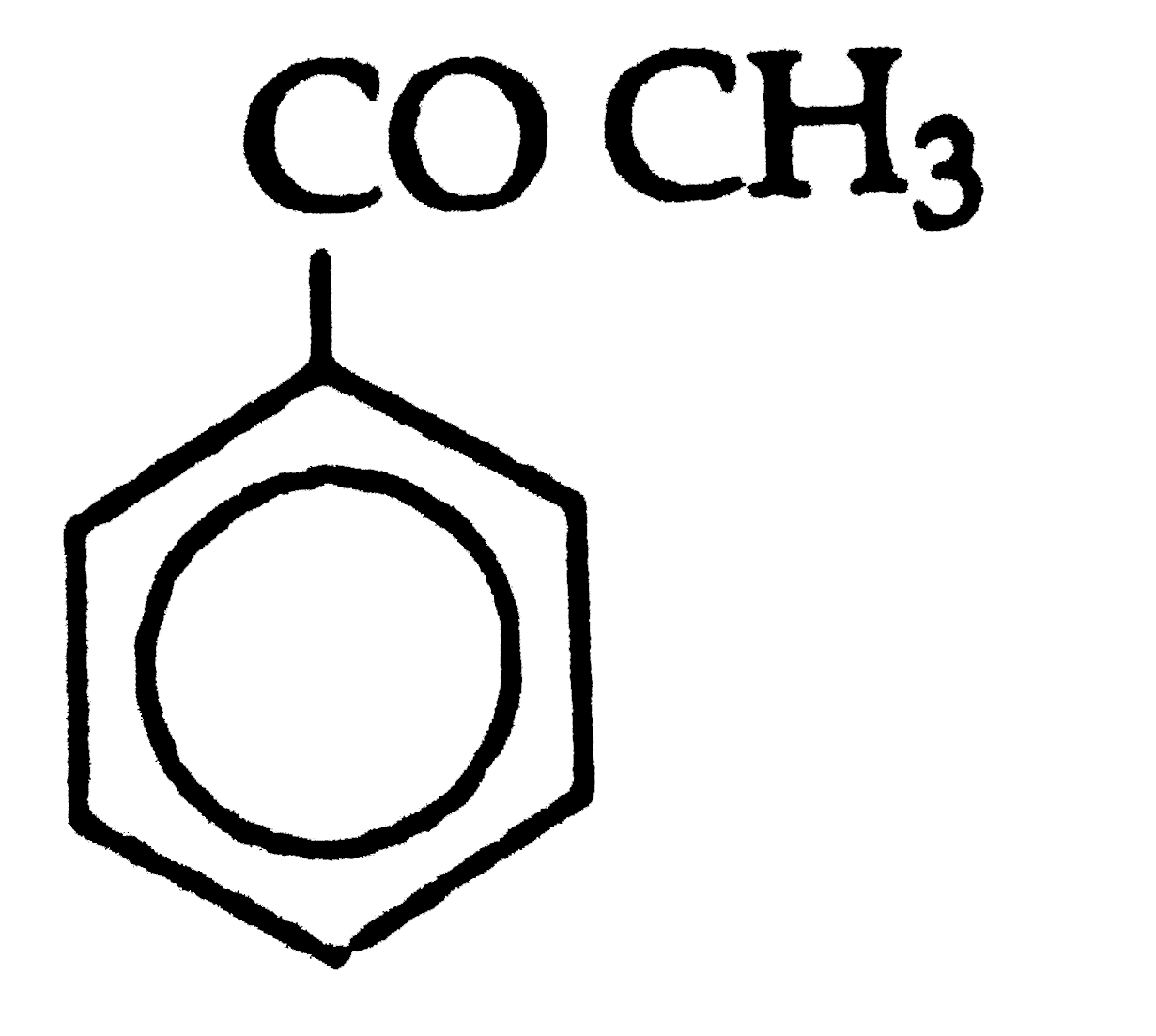 C
C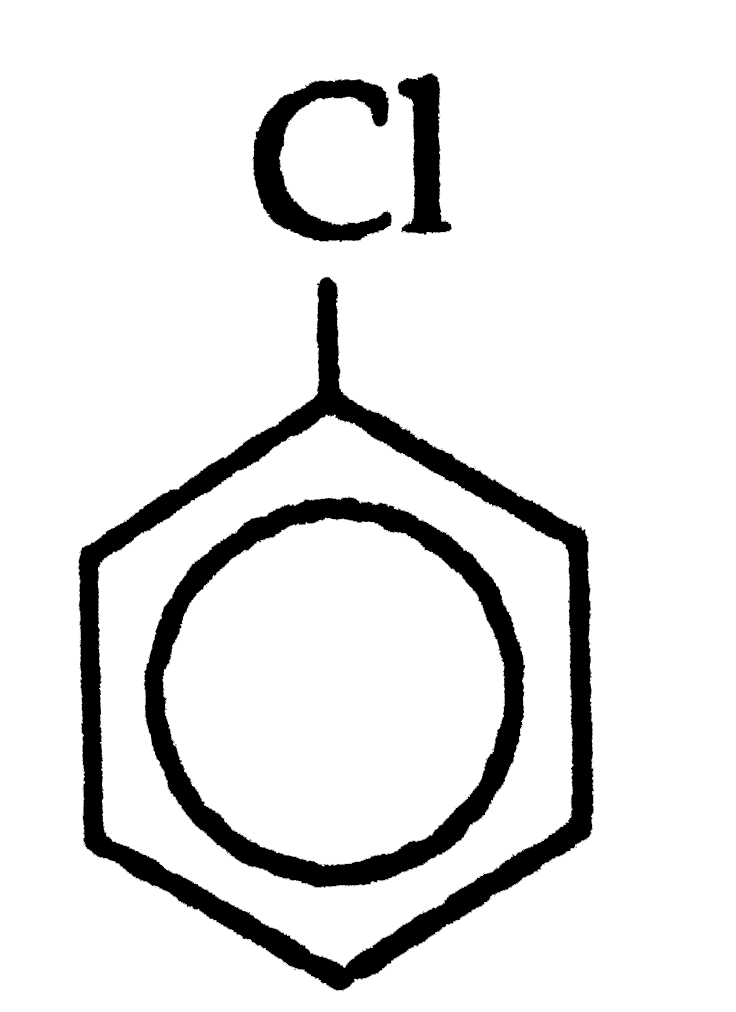 D
D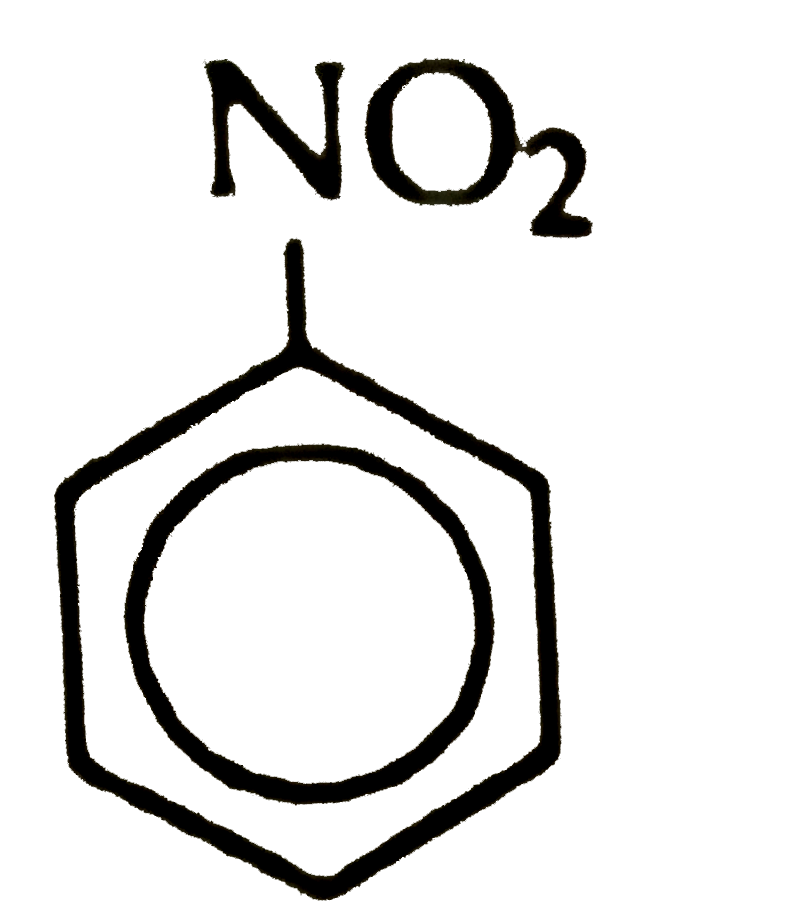
The most reactive compound towards electrophilic substitution reaction is
AC6H6BC6H6ClCC6H5−CH3DC6H5−OCH3
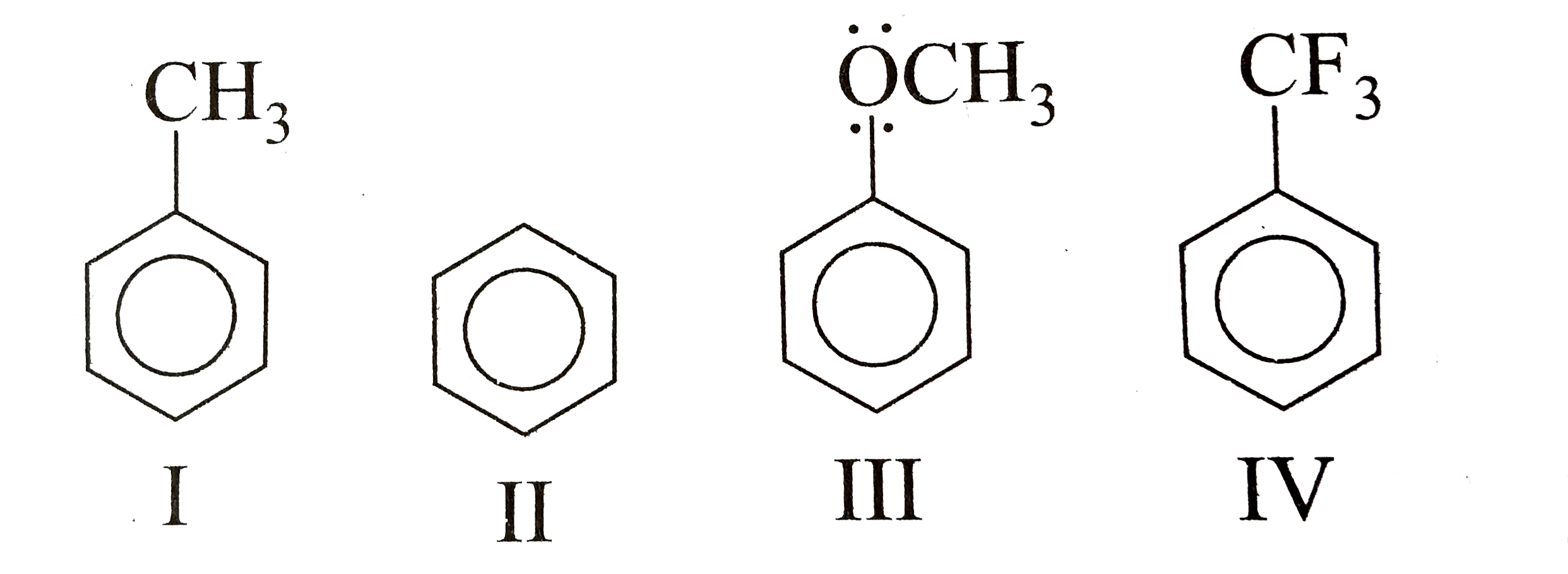
Among the compounds the order of decreasing reactivity towards electrophilic substitution is
View SolutionWhich of the folliwng compounds is the most reactive towards electrophilic substitution reaction?
View SolutionWhich compound undergoes electrophilic substitution with ease (most reactive):
View SolutionWhich of the following compounds gives faster electrophilic aromatic substitution than benzene ?
View SolutionDiborane reacts with ammonia under different conditions to give :
View Solution

